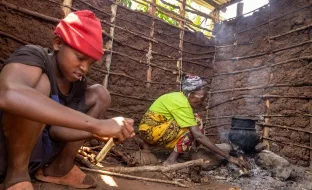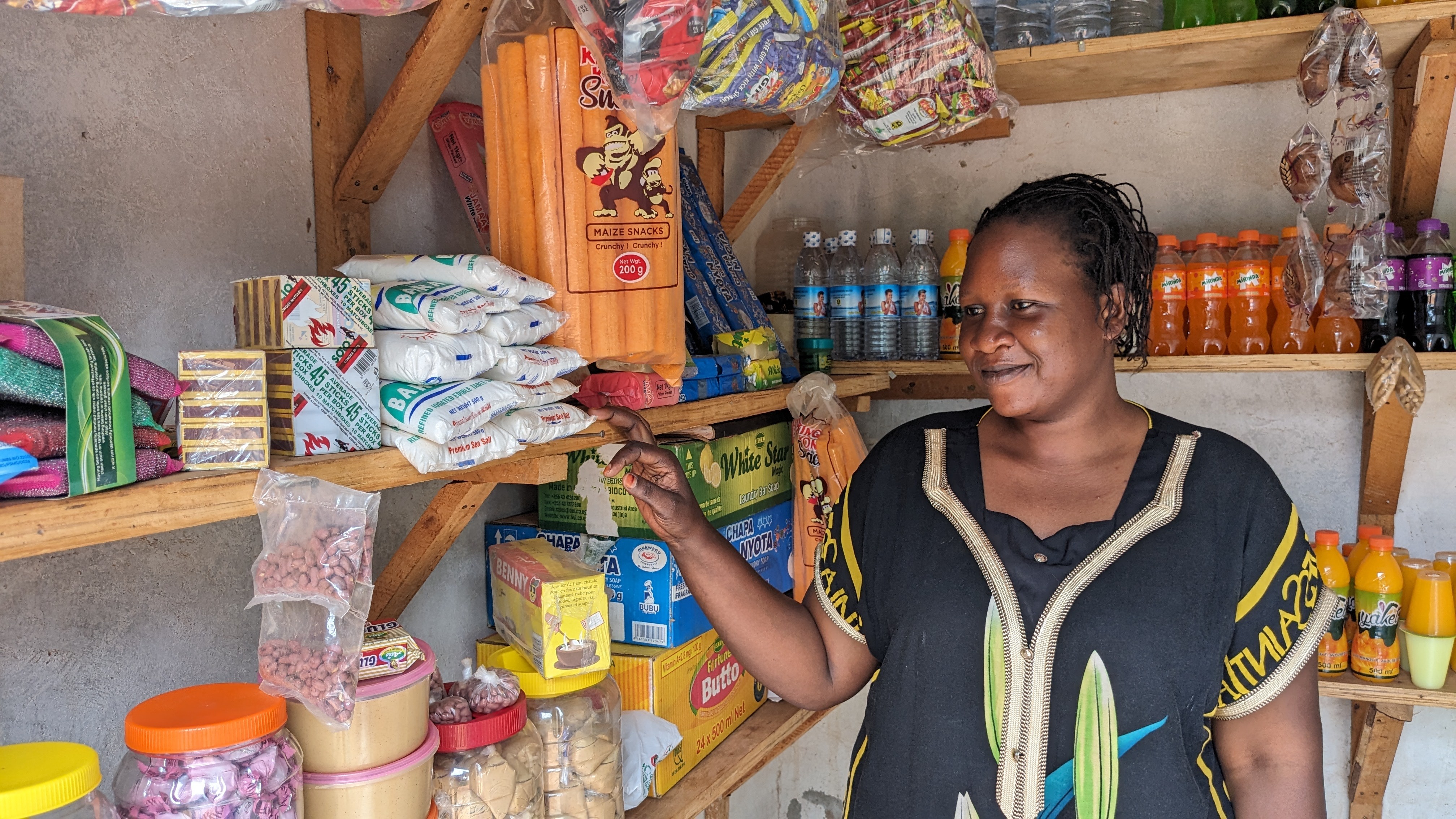GiveDirectly’s own Ian Bassin talks about our basic income pilot in depth in a detailed interview with Impakter magazine. On NPR, the consequences of poverty and mental health are discussed using recent scientific evaluations, including a study on GiveDirectly’s own work which showed that cash transfers can reduce stress levels. And around the world the debate on basic income continues, with an op-ed in Kenya’s Daily Nation and a petition in the Netherlands.
GIVEDIRECTLY IN THE NEWS AND BLOGS
1. Can Poverty Lead To Mental Illness?
NPR, Emily Sohn, October 30, 2016
On the flip side, people often get happier after economic windfalls. In a new study, Haushofer and a colleague found that when families in Kenya were given cash grants averaging $700 (nearly twice the amount typically spent per person per year), they reported higher levels of life satisfaction and lower levels of depression than they did before they got the money, which they could spend on anything. The larger the cash transfer, the bigger the mental boost. It didn’t matter if the money came in monthly installments or all at once.
2. Unconditional Cash to the Poor: An Interview with GiveDirectly
Impakter, Andrew Budsock, Ian Bassin, October 25, 2016
Poverty in its simplest terms is a lack of money and resources. It is not a lack of capacity or ability. I think that has been a mistake that we, as a society, have made over the years. We’ve assumed that people who are poor must be poor because of some personal deficiency and that if we can only help them overcome that ability, skill, or capacity deficiency, that we’d be able to help them get out of poverty.
CASH TRANSFER NEWS
3. UNHCR to double funds for cash-based assistance to refugees by 2020
UNHCR, Press Release, October 31, 2016
The UN refugee agency announced today its intention to double funds for cash-based assistance to refugees across the world by 2020 as a way to better assist and protect them. “The use of cash-based assistance has been a real game changer in the way we help refugees and we have now decided to make it a worldwide policy and expand it to all our operations, where feasible*,” said the High Commissioner, Filippo Grandi.
4. Why Zuckerberg, Gates And Omidyar Are Investing In Fintech For The Poor
Forbes, Vladislav Solodkiy, October 27, 2016
And Mark Zuckerberg is not the only one inspired by the success of such companies as M-Pesa and BKash – World Bank and IFC (International Finance Corporation), the Bill and Melinda Gates Foundation, and Omidyar Network are doing a lot to learn from their own experiences in the field and replicate it in other countries, especially in Asia. India, Indonesia, Vietnam, Myanmar, Cambodia, Laos and many other countries in this region have to jump from the past (cash) to the future (fintech), because they have already skipped the competition for the present (traditional banks with branches, ATMs and banking cards).
EFFECTIVE ALTRUISM
5. Budget Buster: We need more brains and less heart when choosing charities
Manawatu Standard, Richard Meadows, October 30, 2016
Being an effective altruist means fighting our own psychology; the tendency to support people who look like us and who we can see around us, rather than the invisible ones (usually with brown faces) who are in far greater need of our help. Check out the effective altruism website as well as GiveWell, an independent charity evaluator that suggests the most efficient use of your funds.
BASIC INCOME
6. Coming soon: Basic income for all, whether gainfully employed or not
Daily Nation (Kenya), Sunny Bindra, October 30, 2016
What would you say if I told you we might soon be giving every adult a basic income — whether they work or not? You would think I’ve finally flipped and lost my marbles after coming close to doing so many times in the past, yes? Well, allow me to explain a little further before you conclude on my sanity.
7. Finland pushes ahead with basic income trial
Global Government Forum, Ben Willis, October 28, 2016
Under the pilot, 2,000 randomly selected recipients of unemployment benefits from Kela, Finland’s social security agency, will receive a basic income of €560 – replacing all existing benefits. Those selected will have to participate in order to continue receiving benefits, and a research consortium will study their behaviour and life choices to determine whether or not the provision of a basic income encourages them into employment.
8. 58,000 basic income supporters hope to force a parliamentary debate
DutchNews.nl, October 25, 2016
Supporters of the introduction of a basic income in the Netherlands will today hand over a petition containing 58,000 signatures calling for a debate in parliament. The signatories are calling for a basic income of €1,000 for all adults, plus health insurance and an extra payment for children. A basic income will allow everyone to decide whether to work, study, start a company or, for example, take care of elderly family members, the supporters say.

